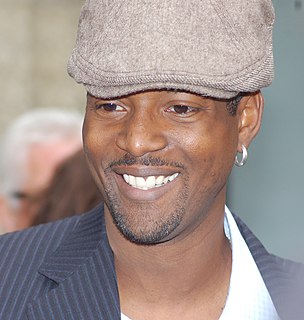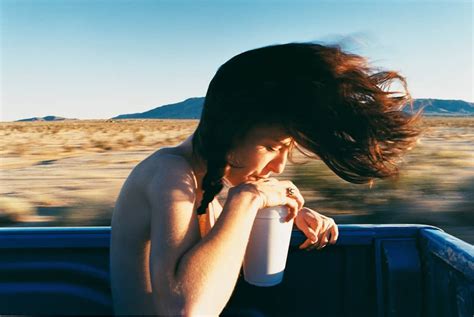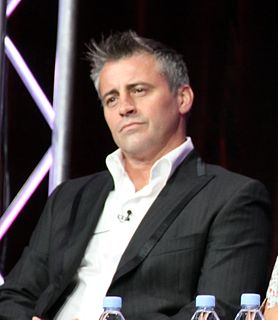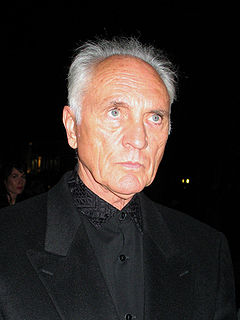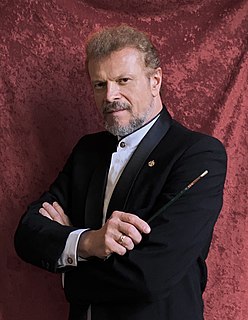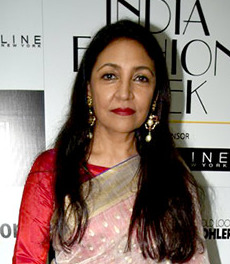A Quote by Corey Reynolds
There's a subtleness to camera work. You can really create intimate moments on camera, and sometimes that requires a little more precision from an actor because you have to pull people in as opposed to throwing it to them.
Related Quotes
If I'm traveling, I'll take a film camera and a digital camera because sometimes there are moments where, if you've lost it, or if coming back and it accidentally goes through the X-ray machine and it gets overexposed, you might have had a really important moment to you and you would be really upset that you didn't have a back-up.
I have received the digital camera as a blessing. It has really changed my life as a filmmaker, because I don't use my camera anymore as a camera. I don't feel it as a camera. I feel it as a friend, as something that doesn't make an impression on people, that doesn't make them feel uncomfortable, and that is completely forgotten in my way of approaching life and people and film.
I found that the camera was a comforting companion. It opened up new worlds, and gave me access to people's most intimate moments. I discovered the privilege of seeing life in all its complexity, the thrill of learning something new every day. When I was behind a camera, it was the only place in the world I wanted to be.
Film, television, and working with a camera is such an intimate art form that if a camera is right on you, and I've got your face filling the screen, you have to be real. If you do anything that is fake, you're not going to get away with it, because the camera is right there, and the story is being told in a very real way.
